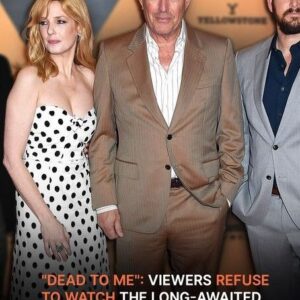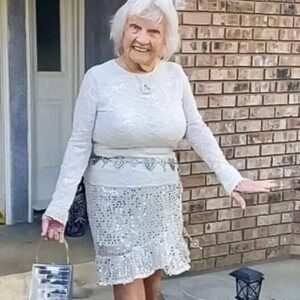Karen Valentine recalls the bumpy path that led her to her award-winning role as a student turned teacher in the hit TV series Room 222.
Catapulting her into stardom, the show, that last aired almost 50 years ago, is a love she still holds close, unlike her appearance on The Dating Game, that she admits was an “awful” experience, with no love lost.
Before they became famous, celebrities like Suzanne Somers, Tom Selleck, Leif Garret and Farrah Fawcett appeared on The Dating Game, the first ever dating reality show that not only spawned hundreds of similar concepts in the future, but also acted as a launchpad for new actors.
Karen Valentine was one of those stars, who after appearing on Chuck Barris’ TV series Dream Girl of 1967, was invited on the dating show, that was also created by Barris.
Valentine, a former teen beauty queen, was given the opportunity to interview three eligible bachelors who hidden behind a dividing wall.
Admitting that she thought the appearance would be “harmless fun,” she said her “choice” made it a terrible experience.
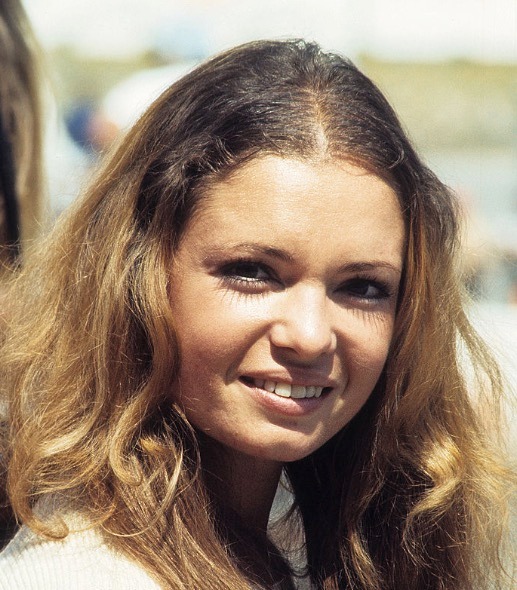
Karen Valentine, 1971. (Photo by Michael Ochs Archive/Getty Images)
“That was awful, because the guy thought that this was really going to be a date, right? The Dating Game got more serious later where people would be sent on trips,” Valentine, now 76, told Closer Weekly. “I only got to go to the Ambassador Hotel to see a show, but the guy thought we were going to make out in the limo and it, was, like, ‘You know this is a first date, right?’ It was so sleazy. You’d go to dinner and then to a show, which is the prize I won, but the guy thought this was serious. I wanted to get out of the date. You know, ‘Save the money, who needs to go on a date? Let me do another show. Give me a shot at acting or something.’”
Leaving that regret behind, Valentine was then cast in the TV movie Gidget Grows Up (1969), which transitioned into her starring role in the hit TV series, Room 222 (1969 to 1974). The avant-garde TV show centered around a black high school teacher–played by the award-winning Lloyd Haynes 1934 to 1987–who tried to teach students to be tolerant.
The show was created by James L Brooks–the brainchild behind The Mary Tyler Moore Show and Taxi, and films like As Good as it Gets and Terms of Endearment–and produced by Gene Reynolds, one of the developers and producers of M*A*S*H.
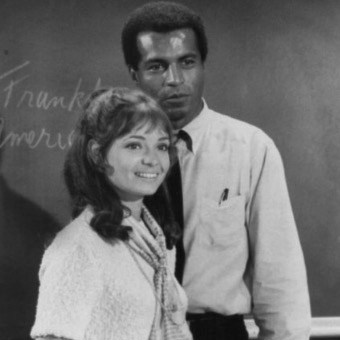
Wikipedia Commons / ABC Television
In 1970, Room 222 cleaned up at the Primetime Emmy Awards, earning titles for Outstanding New Series, while Valentine and Michael Constantine, also known for My Big Fat Greek Wedding in 2002, both won supporting roles.
“It was kind of mind-blowing to have that happen so soon, so quickly,” said Valentine of her first nomination and win. “And to meet Carol Burnett and her saying, ‘Well, congratulations for this.’ It was like, ‘Thank you.’ But that Carol Burnett would know me? Just incredible.”
The young starlet recalls being starstruck when she met another legendary actor.
“I remember I was taking singing lessons at the time, and I went to my singing class,” Valentine started. “Also taking lessons was Gregory Peck… When he walked by, I was at the teacher’s piano and he saw me through the window and kind of mimed, ‘You did it!’ I was like, ‘Oh my God. It’s Gregory Peck!’ How was it that I had the fortune to meet these stars and talented people from the get-go?”
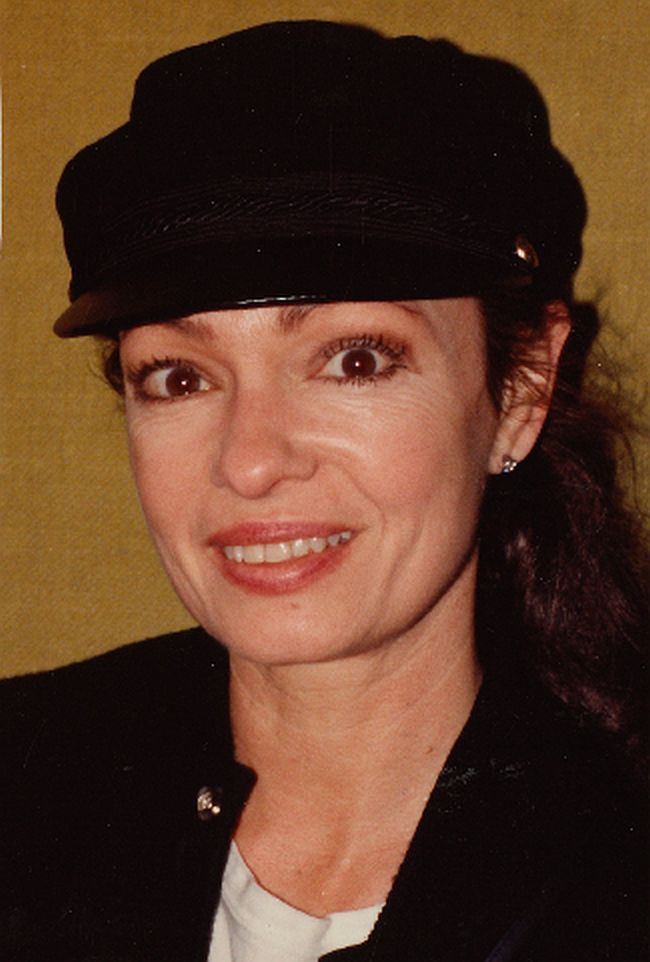
Wikipedia Commons / John Mathew Smith
According to Closer Weekly, critics were praising Room 222 but in the fourth season, ratings took a dive, and the show was canceled mid-season.
“Why things changed, I have no idea,” Valentine said, recalling when the network told the cast the show was cut. “But they did have the wherewithal to give us the word that it was happening, and it was sad … well, it’s always sad, but especially when you feel you have a good product and a good show, for it to be taken away. But in the end, the network made the decision to go in a different direction. That’s what they always say, ‘We’ve decided to go in a different direction.’”
When Room 222 was cancelled, she starred in her own show Karen (1975), which was created by Reynolds, but due to low ratings, it was canceled after four months.


